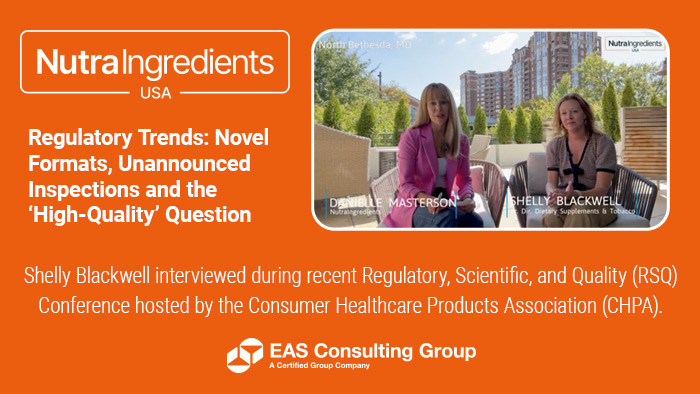One of Blackwell’s most important observations is the shift in FDA enforcement priorities. The agency now increasingly inspects not just manufacturers, but brand owners and even their corporate offices. This is a crucial reminder that GMP (Good Manufacturing Practice) requirements apply to all brand owners, not just those with direct manufacturing operations. Blackwell’s mention of brand owner inspections—sometimes at locations that are “just a corporate building”—deserves particular attention, as many in the industry underestimate this risk.
She also comments on the heightened scrutiny of distribution centers and, notably, the rise in unannounced FDA inspections at international facilities. Where foreign manufacturers once received ample advance notice, some are now experiencing surprise visits, underscoring the need for global preparedness and year-round compliance—an editorial point that cannot be overemphasized in today’s compliance environment.
Blackwell’s analysis of the recent MAHA report raises provocative questions about evolving regulatory expectations surrounding “high-quality supplements.” She notes that official documents reference “high quality,” but the definition—whether signaling stricter standards or greater flexibility—remains ambiguous. This is a key takeaway for industry stakeholders: ambiguity at the federal level can signal coming changes, and industry should proactively clarify and prepare for these potential requirements.
Editorially, Blackwell’s comments reflect the urgent need for proactive compliance strategies, due diligence by both domestic and international operators, and the importance of staying ahead of shifting regulatory interpretations. Companies must recognize that regulatory boundaries are moving targets, particularly as enforcement priorities and product innovations evolve. Her cautionary note is well taken: the best defense in this environment is robust, enterprise-wide compliance and constant regulatory vigilance.
Posted in Dietary Supplements, EAS in the News Dietary Supplements.
